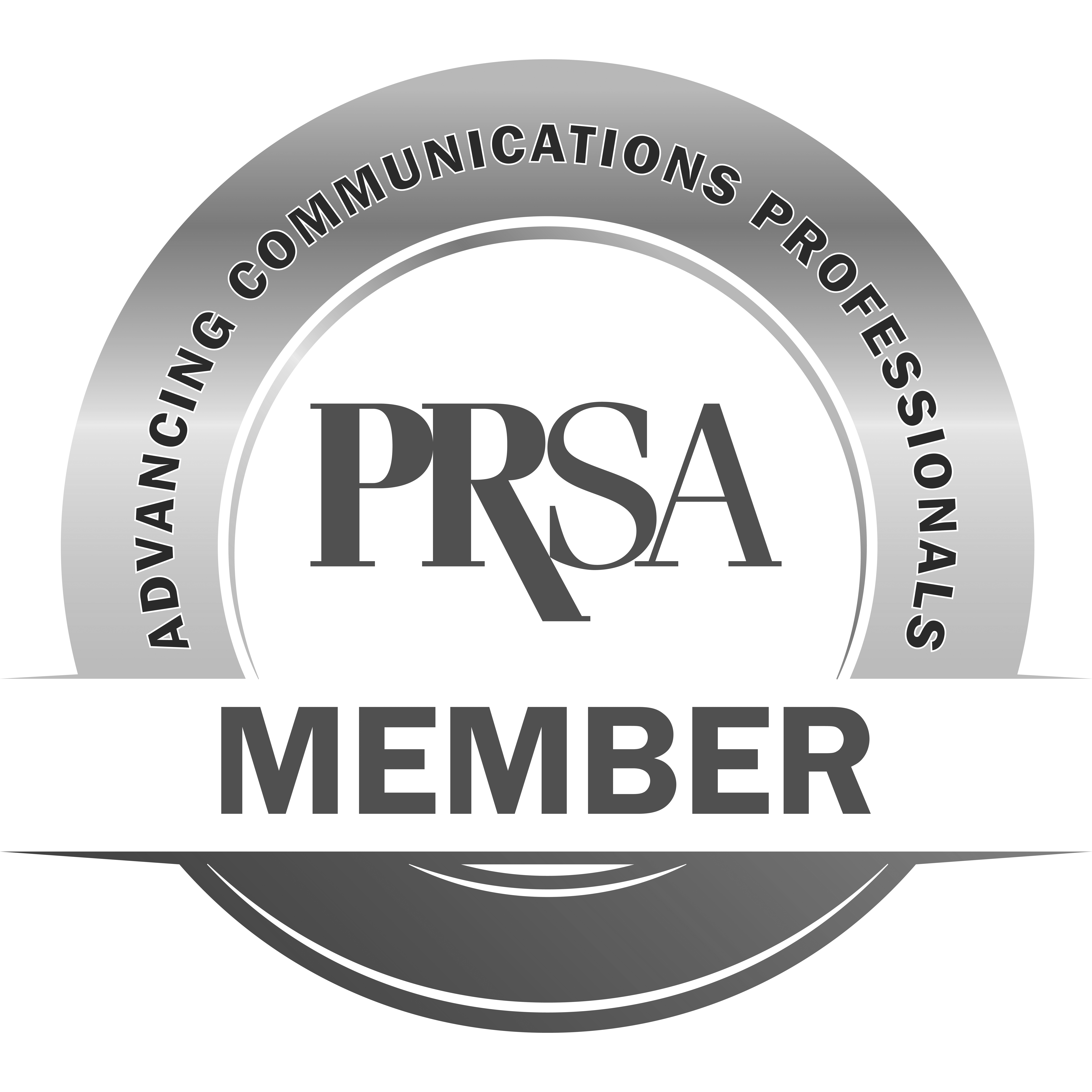Partnerships Make Good Business
We need each other to be successful.
Want to improve your business? Get a partner. It’s not just any partnership though—it has to be filled with trust, respect, mutual needs, and the desire for shared outcomes. Lately, I’ve had the opportunity to team up with my longtime colleague John Locher on an exclusive series of Remote Roundtables for vacation ownership specialists. While looking at various industries and disciplines through different lenses we have the opportunity to continue to expand our knowledge through the miracle of technology. Our latest topic was Why and how partnerships make for good business growth. What came out of it was “blog worthy.”
We would all prefer to interact with folks we like. This doesn’t change in a business relationship. Most of us spend much of our waking hours interacting with business teammates including industry colleagues, vendors, contract workers and freelancers. Any good relationship nurtures ideas, creativity, happiness, and satisfaction. Why should a professional relationship be any different?

What keeps surfacing is the importance of trust. With trust as the overarching guiding principle, advantages to successful partnerships are obvious: mutual needs, shared expenses and equipment, complementary skill sets, less risk, and more familiarity. These components need to be supported with strong communication, solid planning, and a team approach.
Successful People Build Partnerships
Some of the most prominent partnership pairings are Ben & Jerry, Paul McCartney and John Lennon, and Google to name a few. What they all shared (in the beginning at least) was a mutual belief that a partnership was needed for their success. We can learn from these relationships.
Whether it was ice cream, The Beatles or arguably the most famous dot.com of all, each partnership held a similar belief that contributed to their success. They believed it important to innovate and expand their product portfolio. Consider all the well-known products and services that each of these companies produced. Their brand recognition grew by expansion to new markets and new customer groups, and they became known worldwide. Their signature products are recognized even in the remotest of areas. With improved quality, additional creativity, reduced costs and needed resources (money, skills, products, time…) they followed their path to success.
Great Partnerships Deliver
Think of Warner Brothers. Four actual brothers, Sam, Jack, Albert, and Harry Warner were pioneers of the movie industry. They revolutionized film—introduced movie theaters, produced movies, and created “talkies” by adding sound. Quickly they realized that the real money was in production. Together the foursome rose to the top of the film business. The Jazz Singer was a mega hit early in their careers and later, animated films, along with all the Harry Potter films and hit television programs. They trusted each other and each contributed their own set of skills.
Google founders, Larry Page and Sergey Brin, were not brothers, but they shared a common vision of their revolutionary search engine. They met at Stanford in 1995, but put aside their doctorate research, to pursue their dream. They found investors to contribute $1 million to their enterprise and the rest is history. The Google founders now own just 16% of the company, but don’t worry, that still gives them together a net worth of near $46 billion. We can’t all be Warner Brothers or Google founders, but we can still form worthwhile partnerships in what we do.
10 Considerations For a Great Partnership
To achieve a great outcome from a partnership here are ten elements that help to make it great: shared goals, common vision, mutual need, complementary resources, even playing field, mutual trust, good communication, solid plan, time, and written agreement.
If you’re in a partnership now or in the process of partnership development, start with a solid foundation and a roadmap first. Practice the way you communicate, in fact OVER communicate consistently and ask tough questions. Remember that good relationships create value. Happy partnering!









